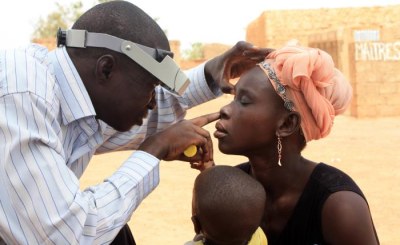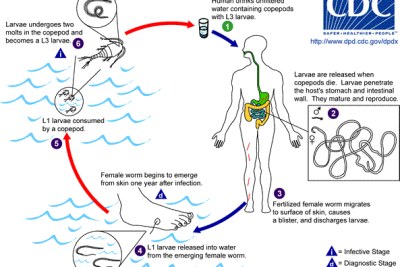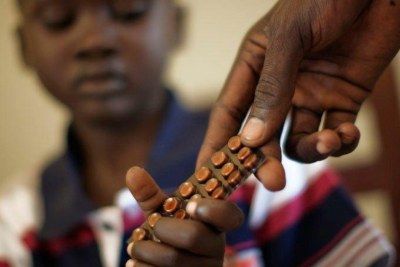-
East Africa: Progress Against a Neglected Tropical Disease Is Under Threat
The Conversation Africa, 21 September 2021
Eleven years ago, in the rugged hills of West Pokot County in Kenya, Mary Alamak, a mother of four, fell ill with the parasitic disease kala-azar while she was pregnant. Her weight… Read more »
-
allAfrica, 29 June 2021
Following is a statement from the Forum for Former African Heads of State and Government as 33 former African heads of state appeal for international solidarity in response to… Read more »
-
Kenya: UK Withdraws Sh23 Billion for Neglected Illnesses Over Covid-19 Effects
Nation, 6 June 2021
The United Kingdom has withdrawn £150 million (Sh23 billion) in aid meant for tackling Neglected Tropical Diseases (NTD) in 24 countries, including Kenya. Read more »
-
Africa: Covid-19 Sets Back Progress in Efforts to Eliminate Neglected Tropical Diseases
VOA, 17 May 2021
The World Health Organization reports the COVID-19 pandemic has set back years of gains made in efforts to eliminate neglected tropical diseases, a diverse group of 20 illnesses… Read more »
-
Africa: Innovation - and Research - Are Key to Killing Off Neglected Tropical Diseases in Africa
The Conversation Africa, 29 January 2021
As a young medical doctor over 30 years ago, I had an experience no doctor wants to have. One of my patients, a young boy, died in my arms as we rushed him to the referral hospital… Read more »
Alarm Raised on Neglected Parasitic Killer In East Africa
Kala-azar, also known Visceral Leishmaniasis or Black Fever, is the second most deadly disease to malaria and is caused by sand bites. The body's internal organs are attacked and the disease proves fatal in about 95% of cases.
Across Kenya, Sudan, and Ethiopia, weak and feverish patients are being taken to hospitals, stricken by the parasitic killer.
The World Health Organisation (WHO) estimates that 50,000 to 90,000 people globally are infected each year.
The progress in controlling Kala-azar is threatened by an acute shortage of an important "second-line" medicine given to patients when the standard treatment does not work. Known as AmBisome, this anti-fungal treatment is used for vulnerable Kala-azar patients such as pregnant women or for severe cases, writes Monique Wasunna for The Conversation.
InFocus
-
A new World Health Organization road map for neglected tropical diseases (NTDs) proposes ambitious targets and innovative approaches to tackle 20 diseases which affect more than a ... Read more »
-
Neglected tropical diseases (NTDs) affect more than a billion people worldwide and can cause severe and lifelong physical impairments. Those most affected include people living in ... Read more »
-
As COVID-19 surges globally and leaves fear and panic in its wake, global efforts are under way to find a cure. Yet the same level of response is lacking for several other ... Read more »

Medics at the MSF hospital in Lankien, in South Sudan's Jonglei State, treat patients for kala-azar (file photo).







